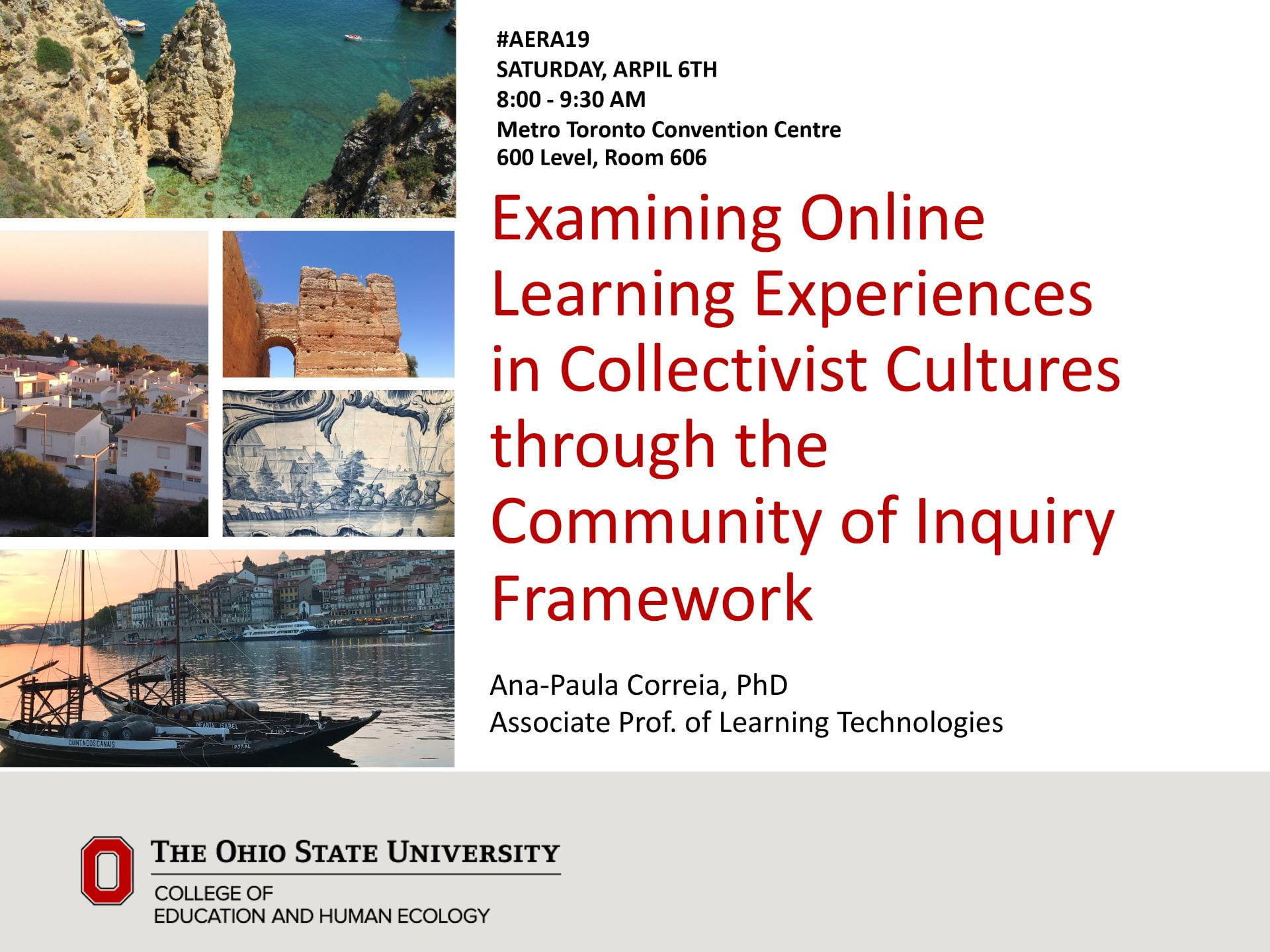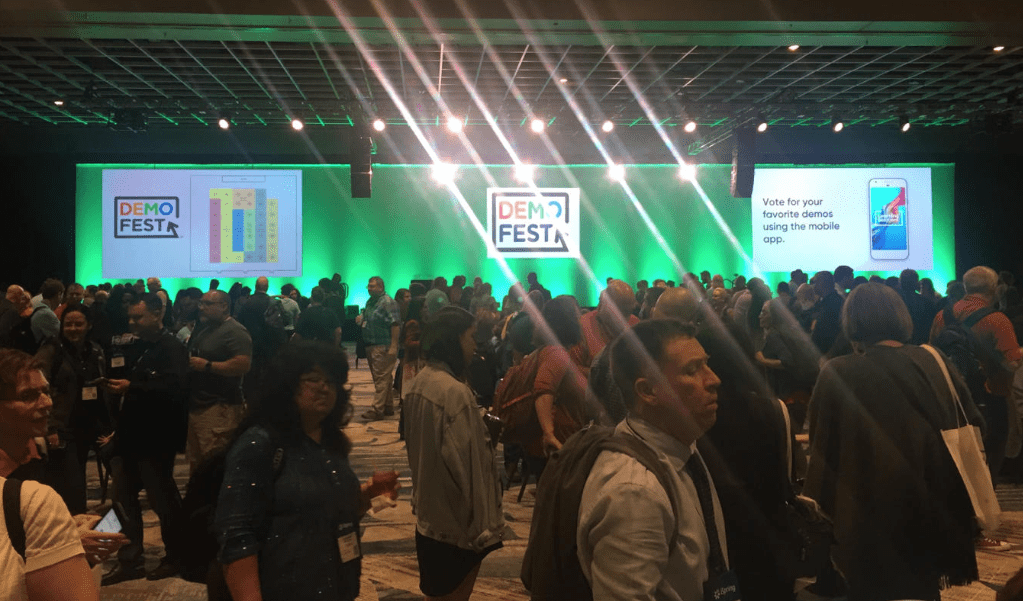In an effort to support our colleagues in China to respond and recover from #COVID19 pandemic, the LED research group created a TOOLKIT for Online Teaching and Learning / 线上教学工具箱
PDF available here.
Given the disruption caused by the #coronavirus #COVID19, the LED research group hopes that these expert-curated resources on online learning and teaching may add a sense of normalcy and social interaction for both the online teachers and learners.
TEACHING ONLINE
8 Tips for Teaching Online- Spoiler: It Gets Better with Time
By Bill Schiano & Espen Andersen (March 2019)
It offers eight intuitive but important tips for preparing, maintaining, and teaching online.
Take your teaching online
By the Open University (OpenLearn) free course
Teaching Online Simplified: A Quick Guide for Instructors
By F. D. Yusop & Ana-Paula Correia (2017)
University of Malaya Press, 110 p. ISBN: 978-983-100-948-2
This book intends to serve as a practical guide or “handbook” for those who have limited or no prior knowledge in teaching and/or education but are interested in online teaching or have to teach online.
TRANSITIONING FROM CLASSROOM TO ONLINE TEACHING
Tracing Successful Online Teaching in Higher Education: Voices of Exemplary Online Teachers
By Evrim Baran, Ana-Paula Correia & Ann Thompson (2013)
The findings of this study indicated that when teachers described their successful practices, they often linked them to their changing roles and new representation of their “selves” within an online environment. Their portrayal of the teacher self, both built on a plethora of previous experiences and reformed with the affordances and limitations of the online environment, went through a process whereby teachers were constantly challenged to make themselves heard, known, and felt by their students. This study showed that it was critical to listen to teachers’ voices and give them a participatory role in the creation and use of their knowledge and experience in order to form their online teacher personas. As a result, programs that prepare faculty to teach online may need to encourage teachers to reflect on their past experiences, assumptions, and beliefs toward learning and teaching and transform their perspectives by engaging in pedagogical inquiry and problem solving.
How to Be a Better Online Teacher ADVICE GUIDE
By Flower Darby (2020)
Discusses 10 essential principles and practices to teach online.
CREATING ONLINE ACTIVITIES
Specific Activities to Promote Online Discussions
By Rhonda Dubec (February 2018)
It provides useful teaching strategies to promote students’ online discussion with several video examples and detailed instructions.
20 Collaborative Learning Tips and Strategies for Teachers
by TeachThought Staff (February 3, 2020)
It offers strategies for collaborative learning that can be used in face to face or online class interactions.
Authentic Online Discussions: A Narrative Inquiry into Sharing Leadership and Facilitation Among Teachers and Students
By Ana-Paula Correia, Cara A. North, Ceren Korkmaz, Vicki Simmerman & Karen Bruce Wallace (2019)
International Journal on E-Learning, 18(2), 165-189.
The literature has tended to focus on the instructor’s role in moderation and facilitation while paying less attention to more student-focused strategies that foster meaningful dialogue and engagement on their part. Centering the learner, this study presents an innovative approach for online discussions, examining a case where online students created and facilitated online discussions for a graduate-level course at a Midwestern research university. The study offers reflections from four graduate students, between the ages of 20-55, who took the course over the past two years, and who have analyzed what they gained from creating and facilitating discussion. These students’ reflections foreground how, by participating in this process, they experienced an authentic sense of connectedness and collaboration, as they had the opportunity to bring their perspectives and priorities to the course and take responsibility for their own and their classmates’ success.
Live synchronous web meetings in asynchronous online courses: Reconceptualizing virtual office hours
By P. R. Lowenthal, J. C. Dunlap & C. Snelson (2017)
Online Learning 21(4), 177-194.
This article discusses how to successfully implement online office hours.
Making the Most of Virtual Office Hours
(2019, January 22)
Austin Community College Speech professor Tasha Davis, Ph.D., shares her experience with hosting virtual office hours and ways to maximize your one-on-one time with students.
QUALITY ASSURANCE FOR DISTANCE EDUCATION
Quality Assurance
By The Ohio State University’s Office of Distance Education and eLearning (ODEE) (2020)
To support instructors and academic units in creating high-quality courses, the ODEE instructional design team has developed a set of internal standards that capture university policies, recent scholarship on student success and feedback from Ohio State faculty collaborators.
DESIGN GUIDELINES
The UDL Guidelines
By the Center for Applied Special Technology Universal Design (2020)
Learn about learning guidelines for Universal Design.
Available in Traditional Chinese
Available in Simplified Chinese
ONLINE TEACHING TOOLS & RESOURCES
Online Teaching Tools and Resources
By Yale University Center for Language Study (2020)
This resource contains a list of free tools and resources for language teachers to use in their classrooms.
Live presentation platforms available in China without VPN
网易云信 https://netease.im/livetool
轻课云 http://www.qingkeyun.cn/
For more information
e-Education Research
The Chinese Journal of ICT in Education
Articles in these high-quality Chinese journals explore teachers’ behaviors when teaching online, teachers & learners’ feedback about online courses, strategies to improve learners’ engagement in online learning, teachers & learners’ role in online learning contexts, among other topics.













